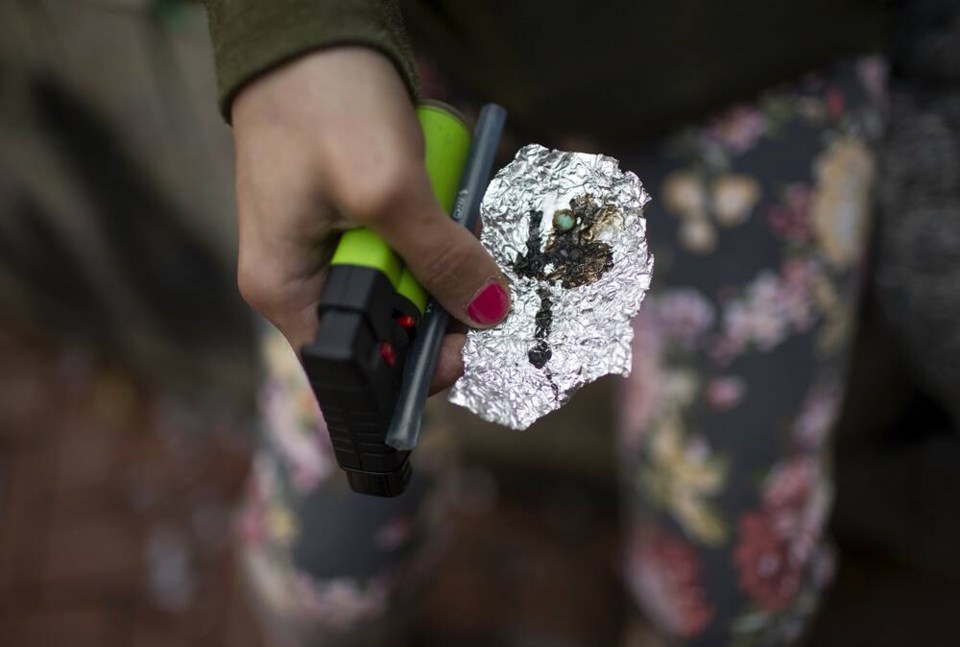Just 15 months after the sa国际传媒 government decriminalized possession of small amounts of illicit drugs, the policy has been largely reversed.
Premier David Eby has announced that possession of hard drugs would once again be criminalized in nearly all public places, including parks, beaches, restaurants and bus stops. Possession will be permitted only in private homes and treatment sites, though police can turn a blind eye to small infractions.
Notably, the policy of allowing patients to bring hard drugs into hospitals has been explicitly reversed.
The province has asked the federal government, which authorized decriminalization, to support this reversal.
It’s worth considering in more detail what led to this about-face. Certainly poor public relations were part of the story.
The original decriminalization measure was dropped on an unsuspecting public with little advance warning or discussion.
That led to series of setbacks, due in part to that early failure to get people onside. In particular the decision to allow hard drugs onto hospital wards was poorly handled.
It became known at first mainly through a series of leaks by nursing staff who feared for their and their patients’ safety.
Now the reversal has been announced in an equally scrambled manner, on a Friday afternoon when bad news is often released. Again, no prior efforts were made to prepare people for what was by any measure a head-twisting reversal.
But there was a larger challenge here than merely the need for better communications.
The decriminalization policy had far-reaching implications. This wasn’t some internal fix-up, like a cabinet shuffle or a redraft of legislation.
It stepped deeply into the values, expectations and habits of thought that had been part of the public consciousness for generations.
And those habits of thought needed time to adjust — time to assimilate such a momentous change in direction. But that time wasn’t given.
There’s an analogy here with another failed experiment.
During and after the First World War, the production and consumption of alcohol was banned in both sa国际传媒 and the U.S.
This was, in effect, a decision to cancel a long-standing part of the daily lives of millions of people. Nor was it brought about with widespread public consent. Rather, it was imposed by government edict.
The project was soon abandoned in sa国际传媒, and shortly thereafter in the U.S., but not before unforeseen consequences took over.
In particular, organized crime syndicates stepped into the void that had been opened.
Prohibition was simply too much, too fast, for people to accept.
Much the same was true of the decriminalization policy.
Yet the question remains: Could it have been managed more successfully?
No one would disagree that the war on drugs has been a miserable failure. Surely there must be a better solution.
Perhaps what torpedoed decriminalization was that from start to finish it was government mandated and government led.
But that made it vulnerable in ways that might not have arisen had it been part of a broader-based populist movement.
Thus when the province attempted to limit the locations where drugs could be used, a court halt order was issued on constitutional grounds. The heavy hand of government made too tempting a target.
And when that order in turn led the minister of health to extend hard drug consumption to hospitals, here again a fierce push-back occurred, this time by nurses and patients.
This was more than a failure of foresight, it was a failure of methods and means.
Apparently, the lesson to be learned is that for some form of decriminalization to succeed, it will have to be a bottom-up movement, not top-down.
This will take years to develop, and with overdose deaths soaring, that is not a comforting thought.



